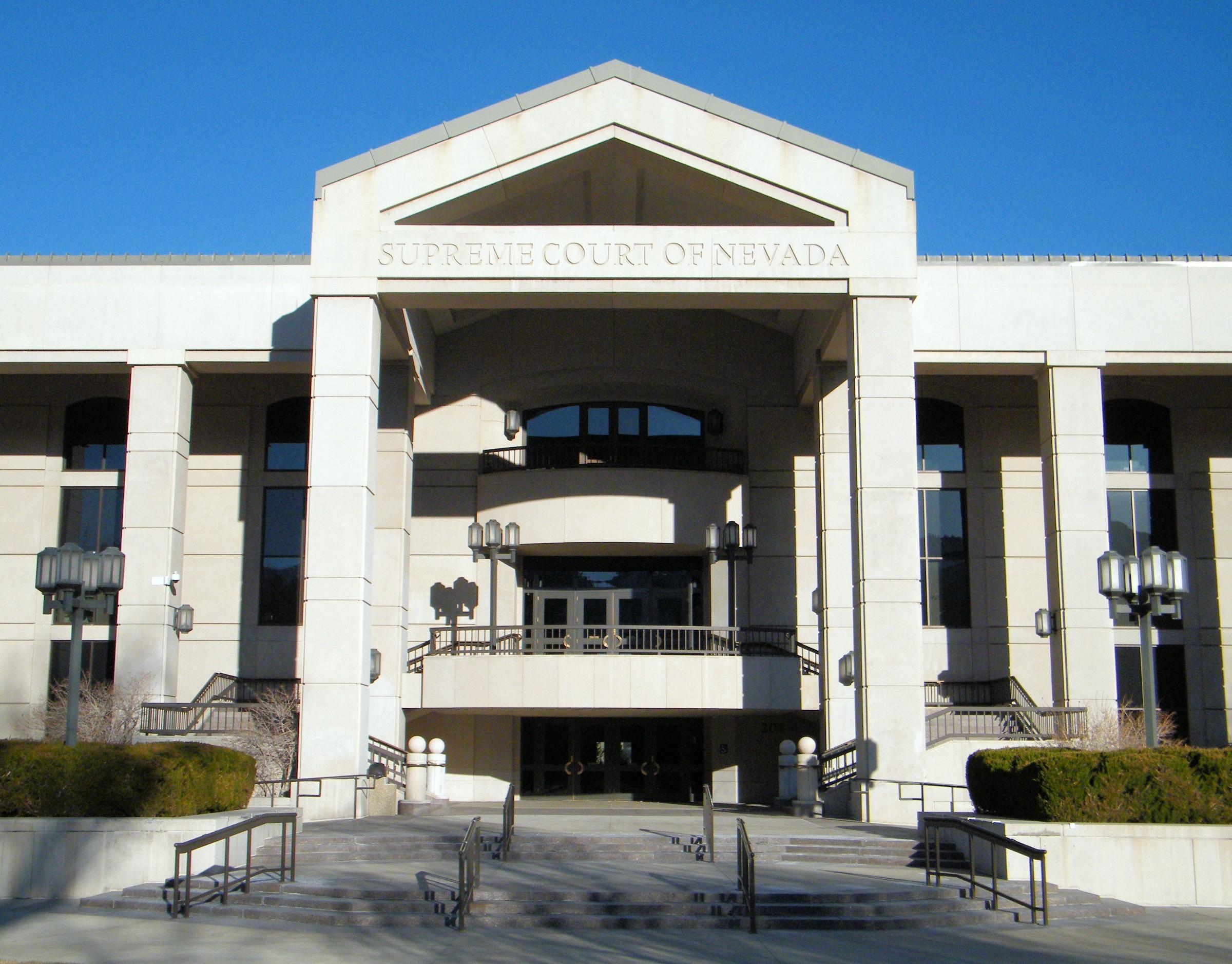Another death sentence overturned in Las Vegas due to prosecutors racial bias.
Last, month the Nevada Supreme Court threw out the death sentence of Julius Bradford after defense attorneys raised concerns that his trial was marred by the illegal exclusion of minority jurors.

Last, month the Nevada Supreme Court threw out the death sentence of Julius Bradford after defense attorneys raised concerns that his trial was marred by the illegal exclusion of minority jurors.
Bradford was convicted and sentenced to death in 2012 for the 2003 murder of Anthony Limongello. His attorney, Lisa Rasmussen, argued to the Supreme Court that one potential black juror and another potential Hispanic juror were dismissed before District Judge Doug Smith held a hearing on the reasons for their dismissal. The Justices agreed, citing “structural error” in the judge’s actions.
“This case was always about race,” Rasmussen said during oral arguments in September.
Bradford is expected to be retried by Clark County Prosecutor Steve Wolfson, who has been in office since 2012.
In recent years, the Nevada Supreme Court has vacated multiple convictions originating in Clark County due to similar allegations of racial discrimination during jury selection.
Jason McCarty was convicted of the murders of two Las Vegas prostitutes in 2006 and sentenced to life in prison. In March 2016 his conviction was thrown out after justices ruled that Clark County prosecutors showed “purposeful discrimination” when using a peremptory challenge to keep a 28-year-old black woman off the jury.
Prosecutors claimed they removed the woman from the jury pool after a background check revealed she had once worked as a waitress at a strip club and had a brother who had been convicted of a crime 13 years earlier. But the Justices expressed skepticism about that argument since similar background check weren’t conducted on other potential jurors.
Writing for the majority, Chief Justice Michael Cherry ruled the trial judge did not adequately question the reason provided by the prosecutor for excluding the juror.
In another case originating in Clark County, the conviction and death sentence of Charles Reese Conner was reversed in 2014 after the Nevada Supreme Court determined that prosecutors illegally removed a black man from the jury pool. In that case prosecutors used six of nine peremptory challenges to exclude blacks from the jury.
Justice Cherry wrote that prosecutors did not offer satisfactory explanations for why these jurors were excluded. He specifically highlighted a black man who was removed by prosecutors even after maintaining he would have no problem imposing the death penalty. That man was a United State Air Force Reserve officer who had worked as a corrections officer and a police officer. Cherry wrote that there was no reason to remove him based on his answers during jury selection.
Multiple studies have documented that prosecutors across the country use peremptory challenges to strike potential black jurors at a rate of two or three times the rate they use to strike other jurors.
In a 2015 article, the New York Times wrote: “Here are some reasons prosecutors have offered for excluding blacks from juries: They were young or old, single or divorced, religious or not, failed to make eye contact, lived in a poor part of town, had served in the military, had a hyphenated last name, displayed bad posture, were sullen, disrespectful or talkative, had long hair, wore a beard.”
